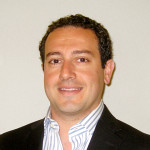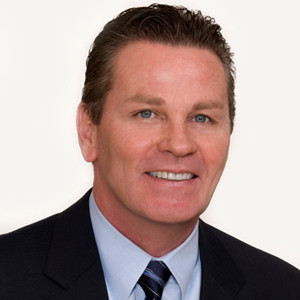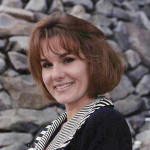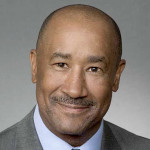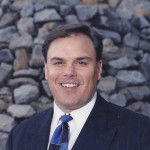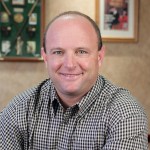 As top investors accumulate further knowledge about the real estate market, one message rings loud and clear. According to BentleyForbes, the uncertain nature of the U.S. economy requires a skilled approach to investment matters. BentleyForbes and its sterling team of professionals understand viable alternatives that can ameliorate future risk and pave the way for greater successes.
As top investors accumulate further knowledge about the real estate market, one message rings loud and clear. According to BentleyForbes, the uncertain nature of the U.S. economy requires a skilled approach to investment matters. BentleyForbes and its sterling team of professionals understand viable alternatives that can ameliorate future risk and pave the way for greater successes.
By monitoring the latest real estate trends, BentleyForbes is uniquely positioned to speak about commercial real estate investment and its wide range of opportunities. Although there are challenges with every project, BentleyForbes has the necessary tools to overcome them.
BentleyForbes affirms that commercial real estate is a powerful investment vehicle that can potentially reap innumerable benefits for today’s investors. Unlike a majority of investment classes, commercial real estate is a relatively stable option that can produce high yields. In 2014, BentleyForbes has observed numerous investors who are seeking to take advantage of these possibilities. [Read more…]

 Kris Krohn is a well-known real estate investor, investment coach and author. As the founder of Strongbrook Direct, he has developed real estate investment formulas that have helped people achieve financial stability by generating residual income. Here Kris Krohn discusses concepts from his bestselling new book, The Conscious Creator, co-authored with Stephen Palmer.
Kris Krohn is a well-known real estate investor, investment coach and author. As the founder of Strongbrook Direct, he has developed real estate investment formulas that have helped people achieve financial stability by generating residual income. Here Kris Krohn discusses concepts from his bestselling new book, The Conscious Creator, co-authored with Stephen Palmer.